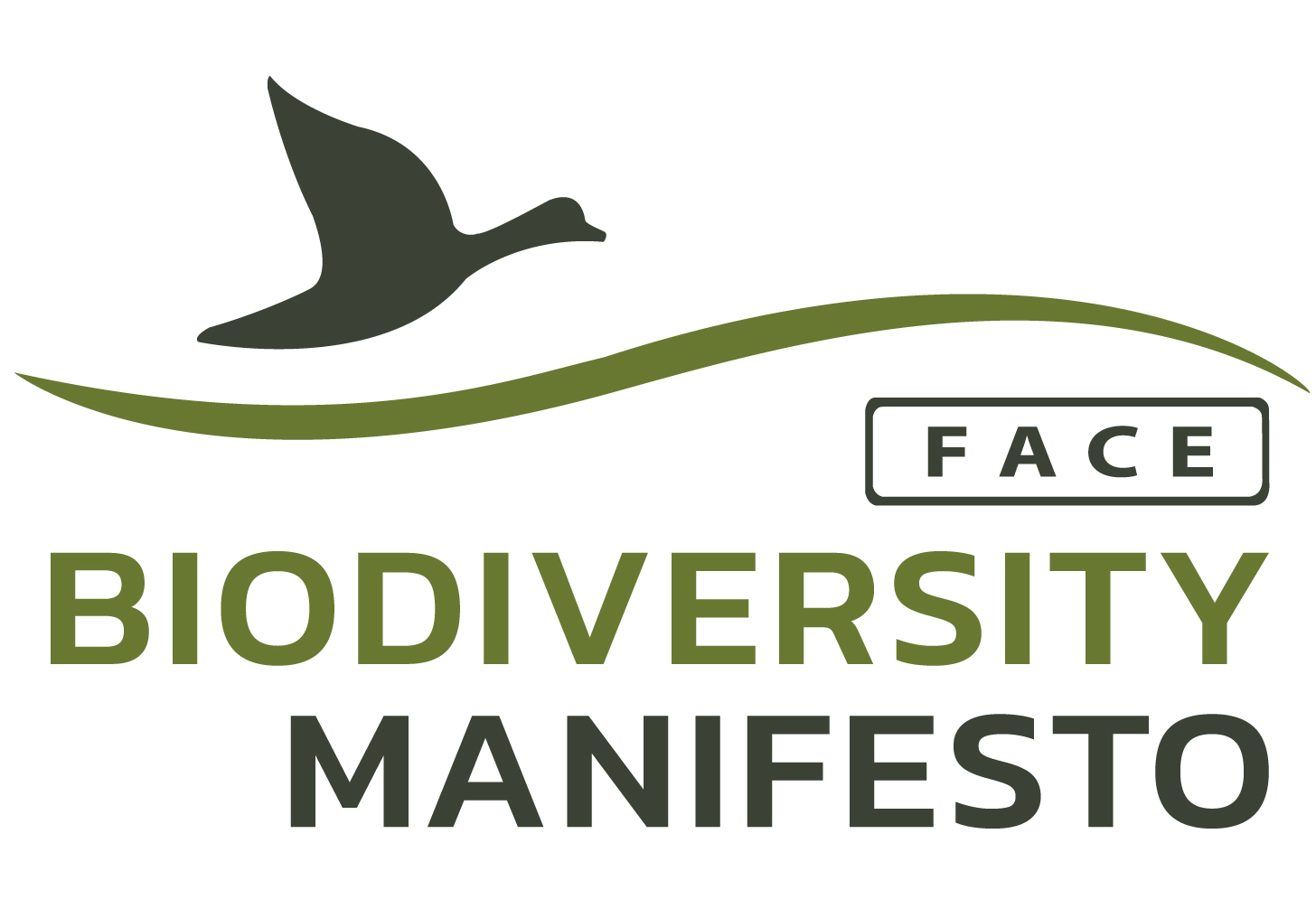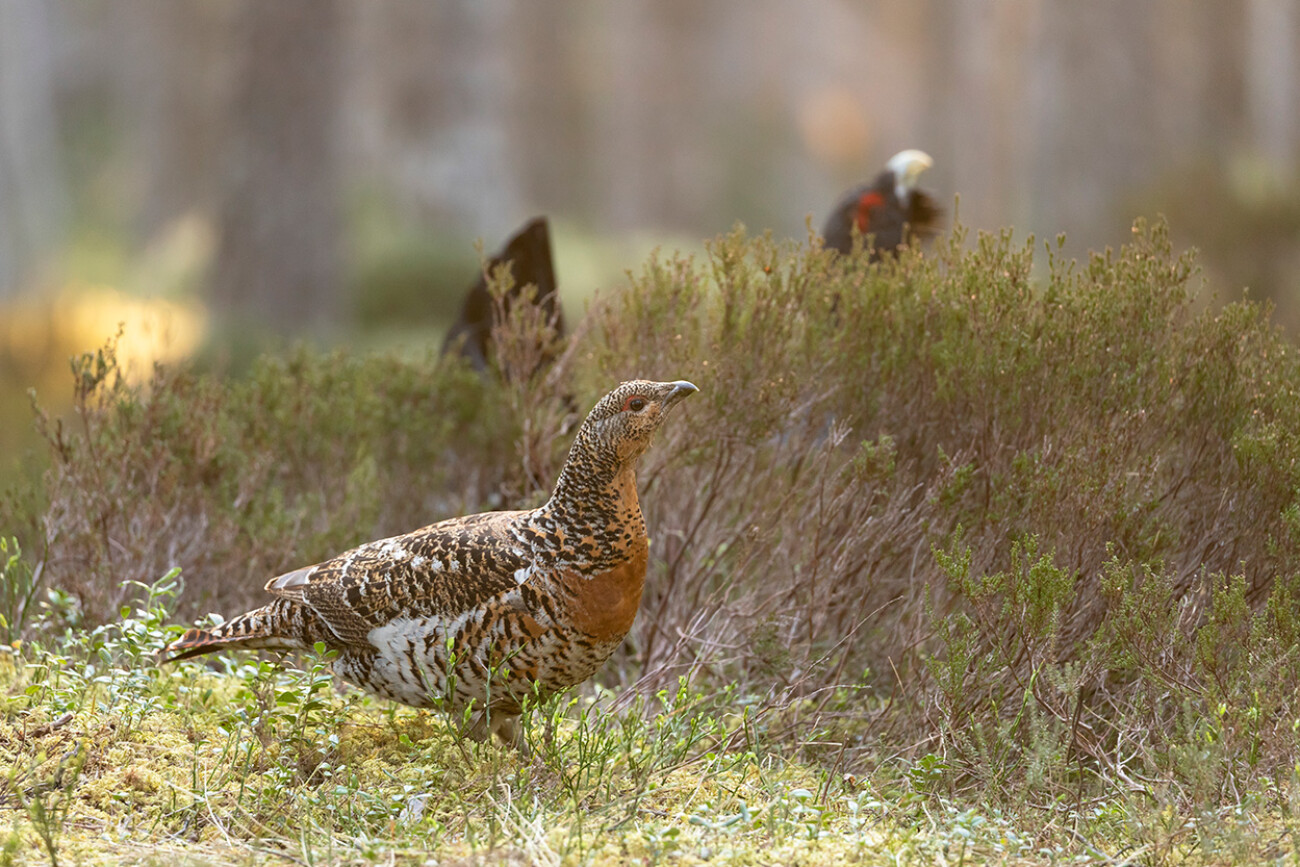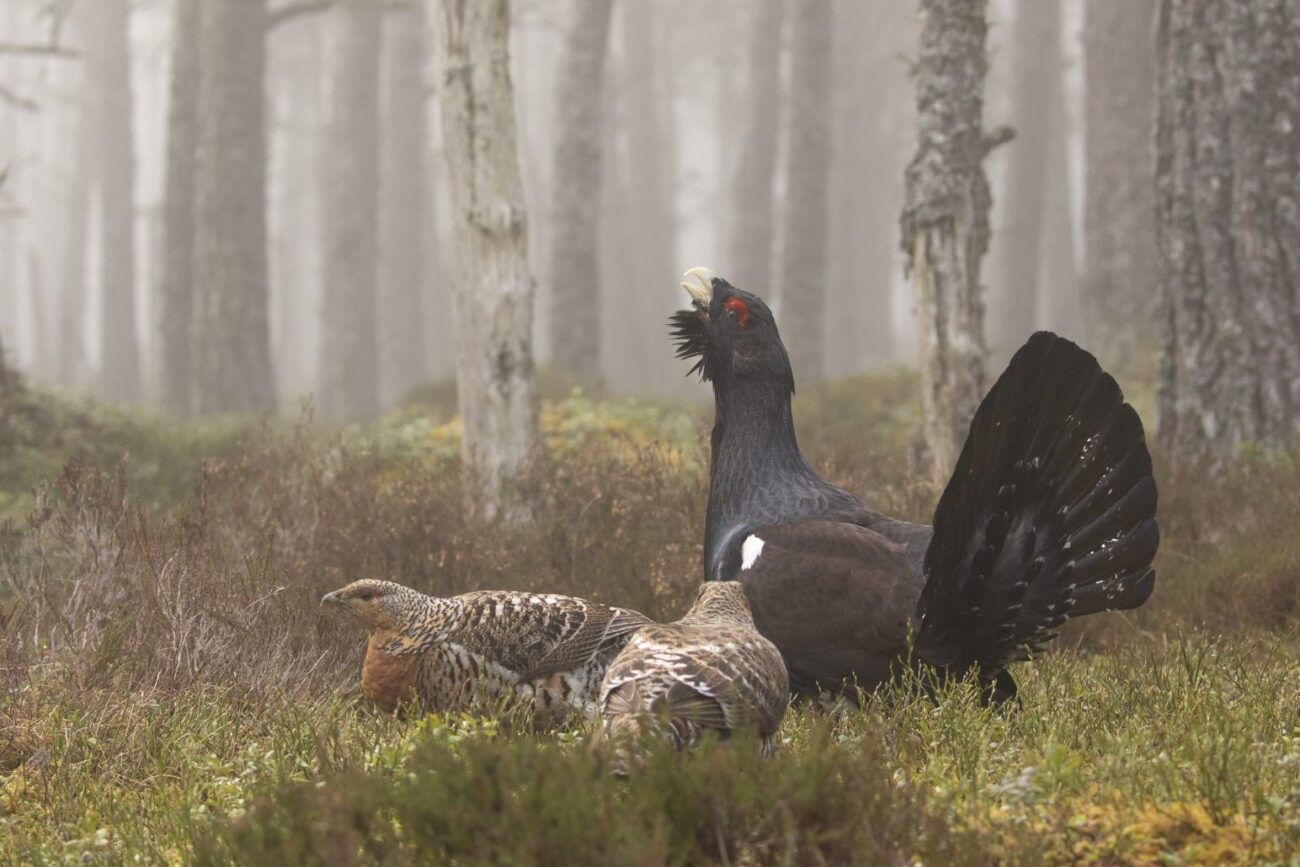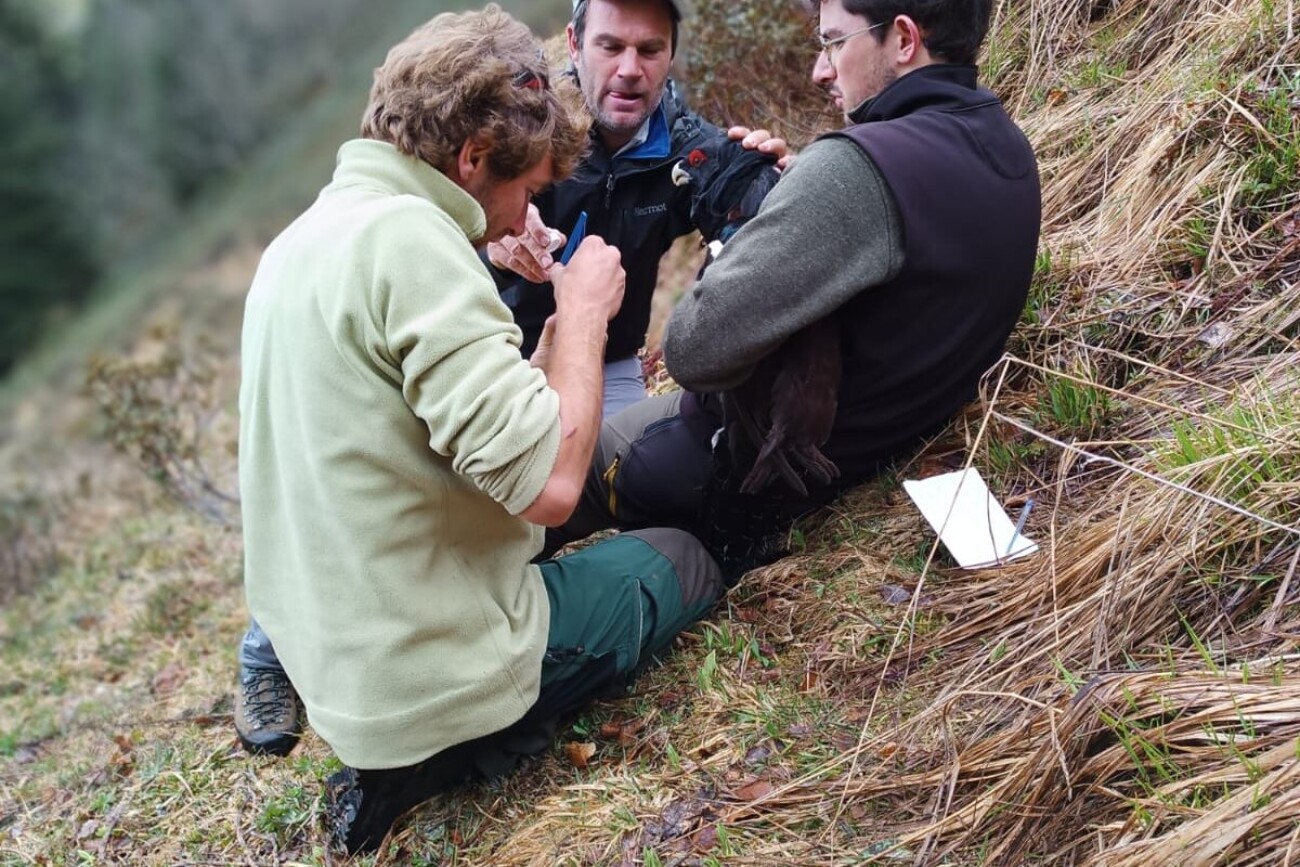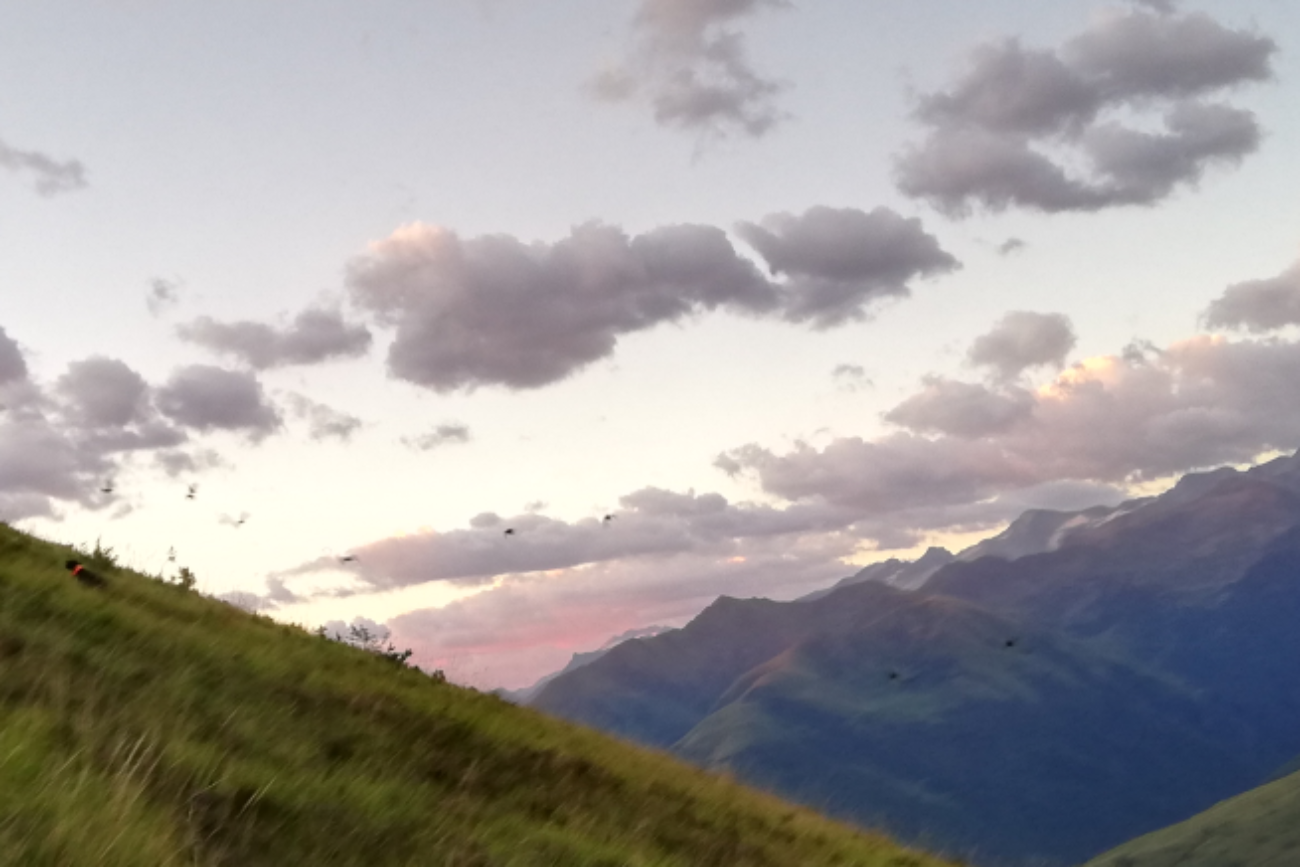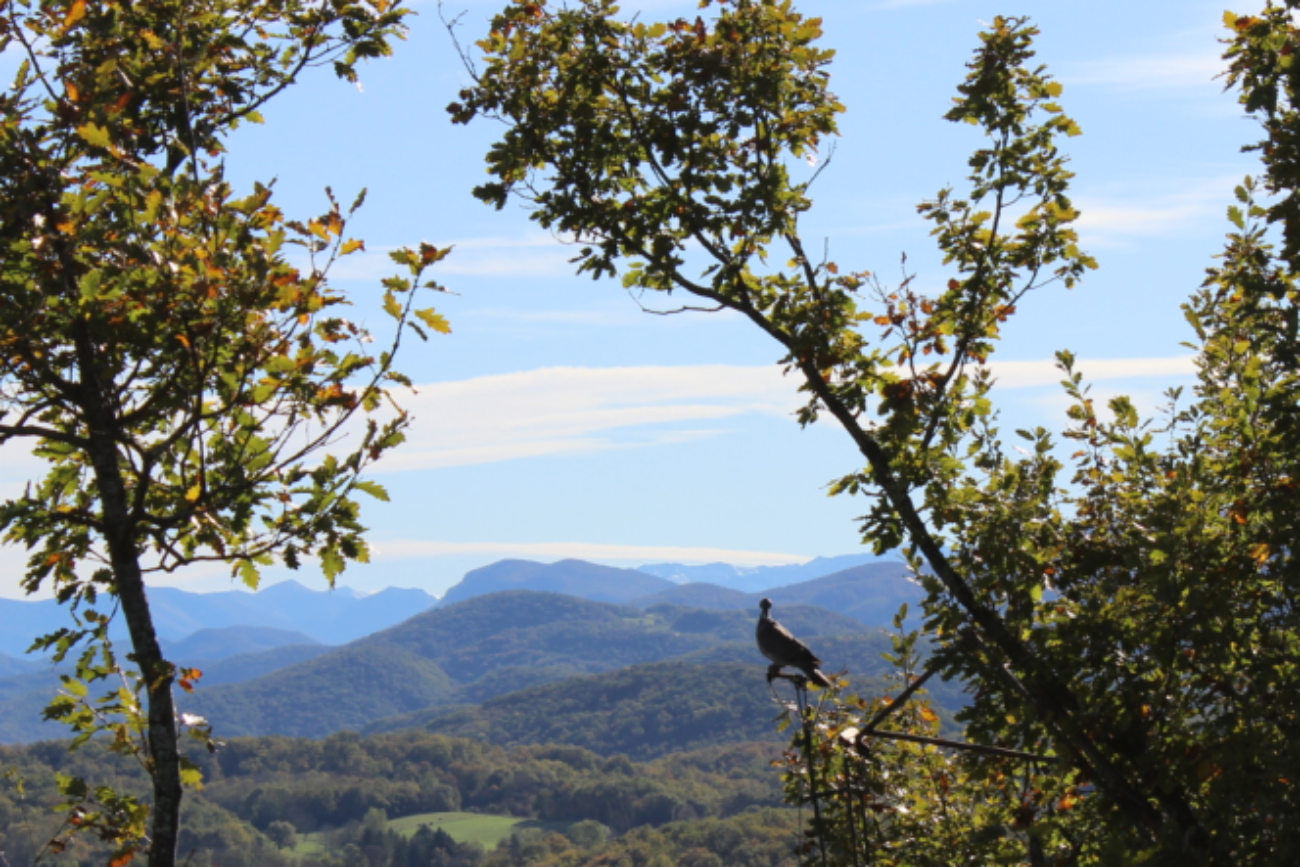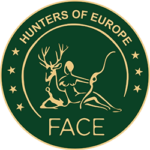The Capercaillie (Tetrao urogallus) is an emblematic species of the Pyrenees. It is sensitive to changes in its habitat due to the transformation of forests as well as certain forestry and pastoral practices. It is also paying a heavy price for the increase in deer and wild boar populations, collisions with cables of ski lifts and fences as well as mass tourism, which disturbs it during periods that are sensitive for its survival.
For many years, the hunting federations in the Pyrenees have been involved in the conservation of the Capercaillie, in particular, by maintaining favorable habitats, or limiting losses due to structures and fences, and predation.
In addition, in order to determine the number of birds yearly allocated to hunting, the hunting federations monitor the reproduction of the Capercaillie annually to produce a reproduction index. Thus, if the breeding index is too low, the federations decide not to open hunting. For example, this was the case in 2021, when all the departmental hunters’ federations of the Pyrenean massif (departments 64, 65, 31, 09 and 66) decided not to hunt this species. The low index identified was due to catastrophic weather, reductions in traditional livestock grazing in certain mountain pastures, as well as the increase in predatory species, which were less hunted because of the pandemic.
The year-round work by hunters and the hunting federations represents a significant investment given the twenty or so individuals granted each year for hunting in the six Pyrenean departments.
POLICY RELEVANCE
In light of the ongoing policy discussions about Europe’s new Nature Restoration Law, in the framework of the EU’s Biodiversity Strategy for 2030, this project again shows that stakeholder participation in conservation action is essential for biodiversity. Further, the efforts of hunters should be well integrated into future European, national, regional, and local frameworks to support community-based restoration actions.
This project is another excellent example of how hunters have already been contributing to Europe’s Biodiversity Strategy for 2030 and nature restoration targets.
Policy change
Since 17 September 2022, Capercaillie hunting has been banned throughout France by a five-year moratorium. Despite this decision by the Ministry of Ecological Transition, the Haute-Garonne Federation of Hunters has chosen to continue to mobilize its teams to monitor and implement actions in favor of the species. This decision was not self-evident, but the FDC 31 nevertheless chose to be present when it came to providing technical support to the DREAL Occitanie and the Office Français de la Biodiversité (OFB), in partnership with the Office National des Forêts, the FDC65, the Observatoire de la Montagne and a Spanish delegation.
The aim of the project is to identify the habitats of the Capercaillie and the factors influencing the species, with a view to management, by tracking individuals by GPS. At the beginning of May 2023, a first adult male was fitted with a small solar-powered GPS tag that will allow its movements to be followed so as to better understand the behavior of this particularly elusive species.
By continuing its investments, the Federation of Haute-Garonne is showing its open-mindedness, its temperance and the passion of its members, elected officials and staff for biodiversity, by taking constructive and partnership-based approaches, despite a restrictive context.
Source: FDC31 – Fédération Départementale des Chasseurs de la Haute-Garonne
